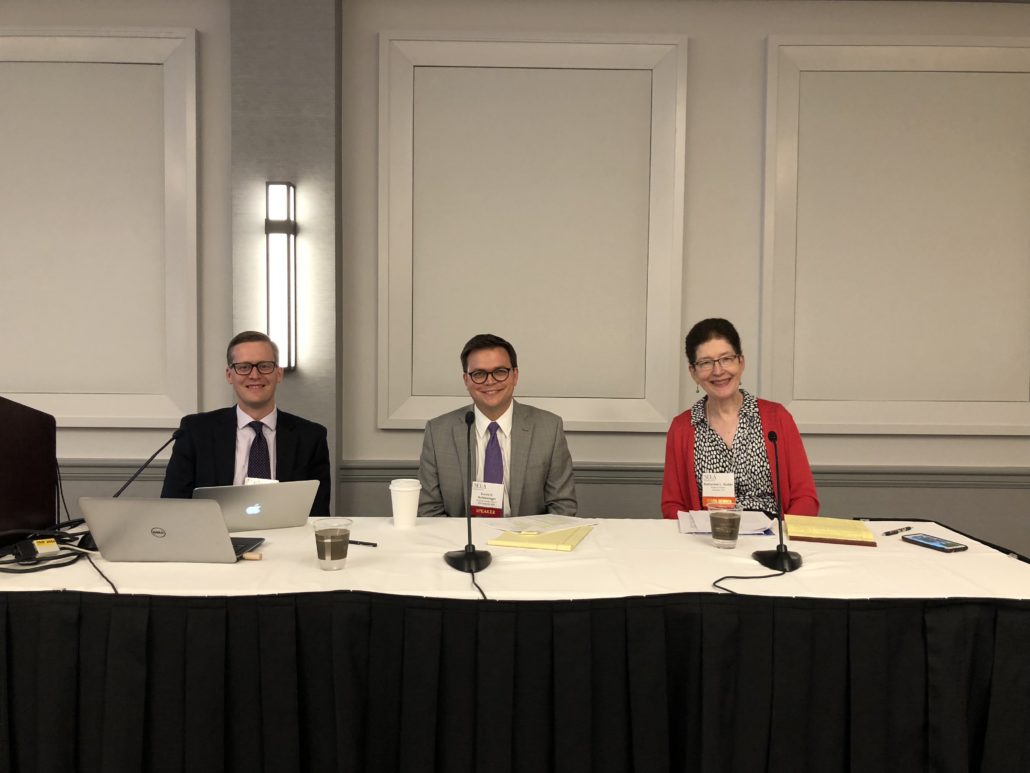Free Speech in the Workplace?
Many people mistakenly believe that an employee cannot be fired for exercising their rights to free speech. For most employees, that is simply not true.
The First Amendment to the United States Constitution generally protects citizens from government retaliation for speech. It provides that “Congress shall make no law . . . abridging the freedom of speech.” Private employers, however, are not prohibited by the First Amendment from terminating the employment relationship based on speech. In fact, many employers do terminate employees for engaging in “free speech.” Because nearly every state in the country is an “at-will employment” state, employers are generally entitled to terminate the employment relationship “at will,” or for any reason they wish. While there are exceptions to the “at-will” doctrine (such as race discrimination or firing someone for certain types of whistleblowing), firing an employee for what they say outside of work is usually not illegal.
In the private sector, unions have historically provided the “rights” that many employees believe they have at work. When unions negotiate contracts on behalf of many employees, they usually negotiate that employers are limited in the reasons they can terminate an employee. Likewise, certain high-level employees are often provided employment contracts that restrict the reasons for terminating an employee. But because only around 6% of private-sector employees belong to unions, and very few employees have an employment contract, most employers can legally terminate an employee because of what they say outside of work.
Ask Juli Briskman. Ms. Briskman became famous for a photograph taken of her when she gave the President a one-finger salute as he drove past in his motorcade. Her employer, Akima LLC, terminated Ms. Briskman’s employment for violating the company’s social media policy. Ms. Brisman sued Akima by arguing that a public-policy exception should exist to the at-will employment doctrine. But the Virginia Court dismissed her case for failure to state a legal claim.
Similarly, a white nationalist was fired from his job as a welder and mechanic after appearing in the New York Times at a white nationalist rally in Charlottesville, Virginia. The company, Limestone & Sones Inc. posted a statement on its Facebook page stating they “would like to take this time to assure our friends and customers that we do not condone the actions of people involved in this horrific display that has taken place in Charlottesville.”
This is not to say that employers can never be held liable for terminating an employee for “free speech.” Many states, including Minnesota, prohibit an employer from terminating an employee for reporting, in good faith, violations of the law to the police. While some employers may feel tempted to retaliate against an employee for speaking with the police about its own policies or practices, such retaliation would likely violate the law. Likewise, an employer who terminates an employee for protesting race discrimination may itself face a lawsuit for race discrimination.
If you have been fired for engaging in “free speech,” and would like to know more about your rights, contact an attorney at Teske Katz Kitzer & Rochel today.




